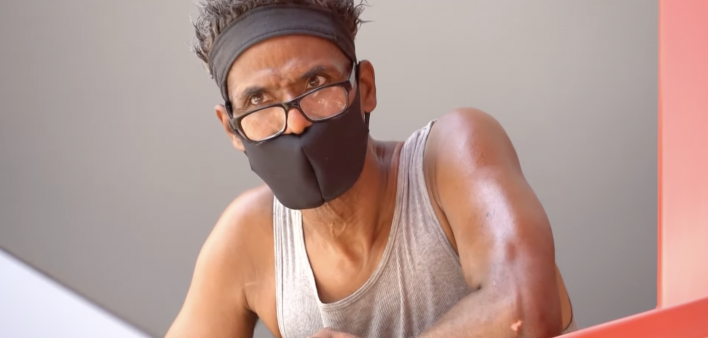Project Transitions, a nonprofit that provides supportive affordable housing for people living with HIV in central Texas, opened a new housing complex in Austin, reports KVUE.com.
“Folks who are homeless and have HIV usually aren’t treating their HIV because they’re just focused on survival,” Julia Smith, who works with Project Transitions, told KVUE, adding that about 1,500 people in Austin are living with HIV but don’t have stable housing. “If 1,500 people aren’t treating their HIV because housing is getting in the way, that means HIV is still spreading in our community. And so, housing is essential to stop the spread of HIV.”
The housing complex at Roosevelt Gardens, a redeveloped site, provides a total of 40 units of housing exclusively for people living with HIV, according to ProjectTransitions.org. A second development, at Burnet Place, will add another 61 units by 2024.
In May, the nonprofit launched the “HIV: Housing Is Vital” campaign to raise $3.5 million in private funds to provide HIV housing and related facilities. The campaign spells out the reasons supportive homes are vital:
- Stop the Spread of HIV: Additional units of affordable, stable housing will reduce the overall HIV infection rate in Austin by getting more people to undetectable and untransmittable, preventing the spread of the virus.
- Help End Homelessness for People Living With HIV: Nearly tripling the housing stock for this special population will significantly reduce the number of people living with HIV who are experiencing homelessness in our community.
- Help End Homelessness in Austin: These projects will reduce the overall number of people who are experiencing homelessness in Austin. By lifting some of the most medically vulnerable out of homelessness, we are taking a big leap forward in the overall fight against homelessness.
- Improve Health Outcomes: More individuals will make a lasting connection to HIV treatment, resulting in stable health and more people getting to undetectable and untransmittable, something that isn’t possible on the streets.
- Improve Community Health: The wrap-around services that come with these homes will provide a pathway to stability by meeting other long-unmet needs, including mental health and substance use treatment. When people are housed, health improves, medical costs go down and the further spread of HIV is prevented, improving individual outcomes and community health.
- Get Closer to Zero Transmissions by 2030: By targeting our efforts on those folks who are hardest to reach, engage and keep in services, we will make significant strides to the international goal of zero HIV transmission by the year 2030.
Clarence Fagins, one of the residents at the new housing complex, told KVUE that Project Transitions has helped turn around his life.
“I was abused when I was a kid, and I turned to drugs and alcohol,” he said. “Since I’ve been with Project Transition now and really committed myself to it, I have been in no trouble. Project Transition was a godsend for me.”







Comments
Comments